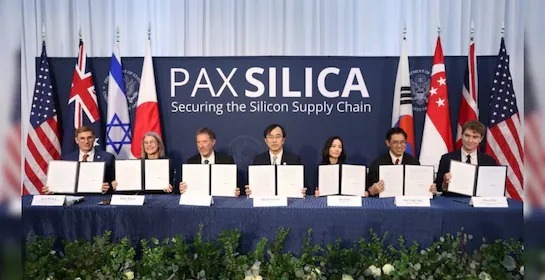@JUDGMENTTAG-ORDER
Raman Nayar, J.@mdashI am prepared to assume for the purposes of this case that a capricious or mala fide denial of admission to an educational institution run by the State is violative of Art. 14 of the Constitution, although, to go further and say that denial of admission to a professional college is violative of Article 19 (1) (g) in that it stops the candidate from practicing the particular profession after successfully completing the course of studies, seems to me as far-fetched as saying that it is violative of Article 19 (1) (f) in that it deprives him of the property he might have acquired by successful exertions in that profession. Alternatively, that the head of a public educational institution is under a legal duty to consider all applications for admission on their merits. But he can be under no such duty to admit a particular candidate; and unless the petitioner can show that the rejection of his application was capricious or mala fide, in other words, that the application has received no consideration at all, he cannot ask for a writ of mandamus against the respondent principal directing him to consider the application afresh, much less what the petitioner has, in fact, claimed, a mandamus to secure his admission to the college with retrospective effect from the date of his application. Nor, should I think, a writ of certiorari quashing order of rejection. For, it is not, and scarcely can be, disputed that the head of an educational institution has the right (in the absence of any rule or regulation to the contrary) to deny admission to a candidate whose character or conduct are, in his opinion, unsatisfactory and not conducive to the welfare of the institution. And this again is a matter for his own subjective satisfaction, not, unless there are rules and regulations requiring it, an opinion to be reached by a quasi-judicial process. (The relevant rules are clause 6 and the last but two paragraph of the prospectus, Ext. R. 2, and they give the principal the right to refuse admission to any candidate whose character or previous conduct has not been satisfactory, and also the right to refuse admission without assigning any reasons. Even if it be, as alleged by the petitioner, that the result of the refusal is that he will not be able to secure admission to the only other law college in the State, that by itself will not demand a quasi-judicial determination. There is obviously a difference between dismissal, or the cancellation of a pass already secured, or debarring from appearing for an examination, as a penalty for misconduct, and the refusal of admission to an institution, profession, or service, on the ground of unsatisfactory character or antecedents, and the decisions in Board of High School v. B. Prasad ((1963) 1 S. C. W. R. 1) and Ridge v. Baldwin ((1963) 2 All. E. R. 66) are of scarcely any assistance to the petitioner-see in this connection C. D. Sekkilar v. Krishnamoorthy (A. I. R. 1952 Mad. 151) which draws this clear distinction with reference to authority). But, assuming this to be a matter for quasi-judicial determination, I am satisfied that not merely has the petitioner''s application for admission received due and proper consideration but that its rejection was for good and proper reasons and made in accordance with the principles of natural justice. The documents Exts. R. 3 and R. 5 and the counter-affidavits filed by the respondent principal disclose that, on 19-3-1962, the respondent, who had gone to the college office for his hall ticket for the F. L. Examination, created a scene there, shouting threats against the principal for having presumed to detain certain students, and proclaiming that he and others would give hell to the principal after joining the college the following year (admission to the B. L. class is a fresh admission to the college) and would bring disgrace to him and to the college. The Head Clerk, who was present, made a written report (Ext. R. 3) to the principal the following day regarding this incident, and, on the 21st the principal questioned the other members of the staff who were present and satisfied himself that the report was true. On 30-3-1962 he sent for and questioned the petitioner who, while admitting the charge, adopted a defiant attitude questioning the principal''s authority to take note of the alleged misconduct, and, thereupon, the principal made an order on the report to the effect that the petitioner "need not be granted admission, if he seeks for it for the B. L. Class" and read out this order to the petitioner. When the petitioner appeared at the interview for admission on 17-6-1963 he was still defiant and unrepentant with the result that the principal rejected his application for admission and directed the return of his application to him.
2. The petitioner has no doubt chosen to denounce the counter-affidavits as rank perjury and the documents as rank forgeries. I cannot go into this in these proceedings, and these charges against the principal can only serve to assuage the regret one naturally feels over any action which affects the career of a young man and to assure the respondent principal that the action he took was not too severe. I dismiss the petition with costs.

